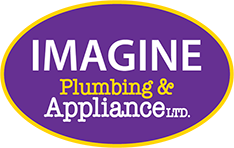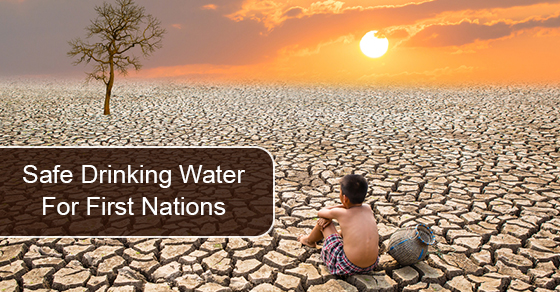The state of the drinking water in First Nations communities has been receiving a lot of attention recently. Progress is being made to call to attention to the water crisis that is plaguing the First Nations.
Indeed, while Canada is one of the most water-rich countries in the world, and access to safe drinking water is easy for the majority of Canadians, this is simply not true for many First Nations indigenous persons.
To put this into perspective, 85 First Nations reserves have been issued drinking water alerts – this is nearly half of the total 134 advisories in Canada.
The water crisis is not just temporary, either. Indeed, in many cases, these advisories continue on for years and even decades.
The Water Crisis
First Nations persons do not have the same access to safe drinking water like the majority of other Canadians do. There are a few different problems at play here. First, the water that is supplied to them is often contaminated.
In many cases, it is also difficult to access the water in the first place. In other cases, the drinking water system that many communities have are no longer working.
The water crisis has presented daily challenges and put the health and safety of First Nations communities at risk. For example, it was found that the contaminants in the water included coliform, E. coli, uranium and Trihalomethanes, the latter of which is known to be cancer-causing.
Indeed, health risks range from gastrointestinal issues to an increased risk of cancer. Many people are developing skin issues. And the list goes on.
By failing to address the water crisis, the Canadian government has actually violated a range of international human rights that First Nations rightfully deserve and are entitled to.
What Can Be Done?
Prime Minister Justin Trudeau has announced that nearly 5 billion dollars will be invested into the infrastructure in these communities over the next five years.
While this good news, a lot more needs to be done to address the underlying problems that are contributing to this crisis. There are a range of issues, from a lack of water regulations on First Nations reserves to the consistent under-funding of drinking water system fees to name just a few.
In the meantime, it’s important to continue talking about this issue so that it gets the attention it deserves.


